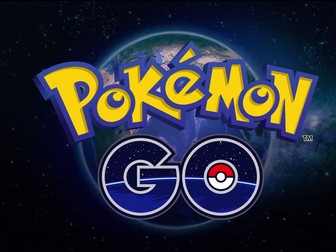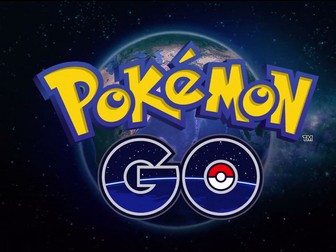Seed dispersal methods
A lesson on seed dispersal, which includes an around the room 'loop' task on the methods of seed dispersal, a comparison task on animal dispersion and a literacy task to check understanding.
You will need to print the sheets at the end of the powerpoint.
Feedback appreciated.

